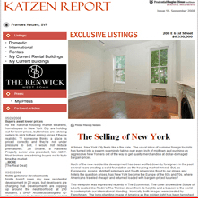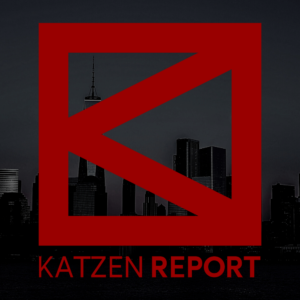At times, New York City feels like a fire sale. The usual influx of summer foreign tourists has turned into a swarm seemingly taking over every inch of midtown and pushing us aggressive New Yorkers out of the way to get quality merchandise at dollar-damaged bargain prices.
Much of the new residential development has been wolfed down by foreigners in the past several years creating a solid foundation as the housing market thrived. But, as Europeans, Asians, Middle Easterners and South Americans flood to our stores and hotels the question arises, has New York become the Europe of the 60s and 70s, where Americans traveled cheaply and returned loaded with bargain-priced luxuries?
This viewpoint was expressed recently in The Economist. The cover showed the Statue of Liberty seated like Rodin’s The Thinker, down from its heights and a beacon to the world to contemplate our international standing. Ironically, both images were created by Frenchmen. The long-standing image of America as the golden light has been tarnished due to our foreign policy, weakening economic role and the decline of the dollar. Who would have imagined that stores in Manhattan and the Hampton’s would gladly be accepting Euros in place of dollars?
What does this mean for the contemplative real estate market?
Uncertainty and disorder still reign in the credit markets, and, as we saw with the demise of Bear Stearns, no financial institution is safe. Wall Street and the credit markets will most likely have an impact on the real estate market as bonuses will be greatly reduced and many jobs lost. Financial institutions have been a money machine funding real estate purchases this decade and creating demand, particularly for the higher priced and newer properties.
The focus of today’s buyers are changing and rather than seeking the glitz, I am seeing a trend toward buyers who want equity in an energized town, New York is still the most incredible city on earth. These buyers are creating the balance that will help stabilize the market.
Meanwhile, mortgage rates are creeping up, financial institutions have tightened their purse strings and sales have slowed while inventory has increased. One ironically positive result of the tightened credit markets is a slowdown in future residential development, which will give us time to absorb what is now on and coming onto the market.
Overall, the world is changing: financial and development decisions in China and India affect the world economy; America has lost and must regain its standing both politically and economically in the world; and the final resolution of the credit crises has to play out.
As the old Chinese curse goes, “May you live in interesting times.” We certainly are.

